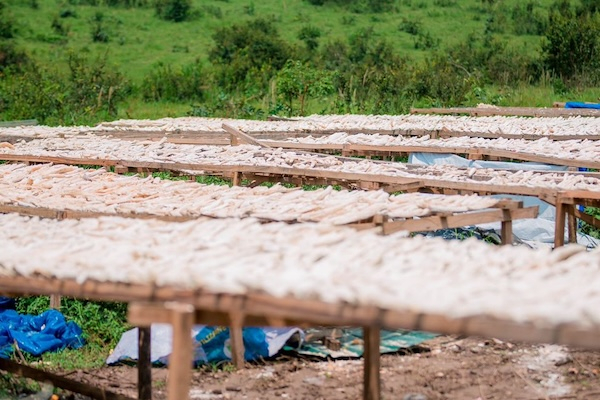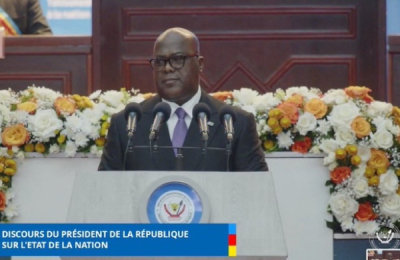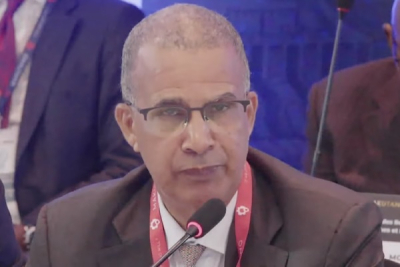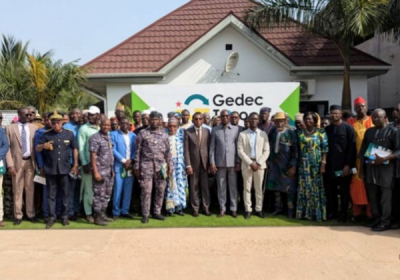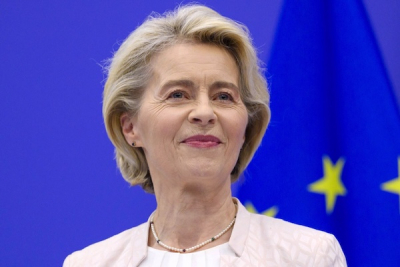Highlights:
• The FAO will help the DRC develop cassava into an industrial sector, especially for flour production.
• The partnership follows a high-level intercontinental forum co-hosted by Vietnam and the FAO in July 2025.
• Congolese authorities are urged to show clear budgetary and political commitment to integrate cassava into national economic planning.
The United Nations’ Food and Agriculture Organization (FAO) will help the Democratic Republic of Congo (DRC) industrialize cassava production to help boost employment and reduce hunger and poverty in the country. The announcement was made by the DRC’s Minister of Agriculture, Grégoire Mutshail Mutomb, according to Agence congolaise de presse (ACP).
The decision comes on the heels of the first edition of the High-Level Inter-regional Knowledge Exchange on One Country One Priority Product (OCOP) Models forum, co-organized by the FAO and the government of Vietnam from July 15 to 17, 2025, in Hanoi. Ministers of agriculture from 17 African and Asian countries attended the event, including the DRC.
According to Minister Mutshail, the FAO's support will focus primarily on developing cassava processing into bread flour, which can be blended with wheat flour to make bread. The specific terms of the cooperation have not yet been finalized. “We will have more meetings in the coming months. If all goes well, the next meeting could be held right here in the DRC,” the Congolese official noted.
The initiative adds momentum to existing efforts to industrialize the cassava sector and generate greater local value. In April 2023, the Congolese government adopted a plan to substitute 20% of wheat flour with cassava flour in bread-making, and to use 100% cassava flour in pastries, waffles, and pizzas. The move aimed to reduce the country’s wheat import bill—valued at $87 million per year—and rely less on imports from Russia and Ukraine.
However, progress remains uneven. A World Bank report published in September 2023 pointed to significant structural challenges that continue to weigh down the cassava value chain. These include excessive bureaucracy, high taxation, limited access to credit and land, and poor infrastructure, particularly in electricity and transportation.
In light of these challenges, Minister Mutshail emphasized the need for a strong budgetary commitment and political will from national authorities.
This article was initially published in French by Stéphanas Assocle
Edited in English by Ola Schad Akinocho






